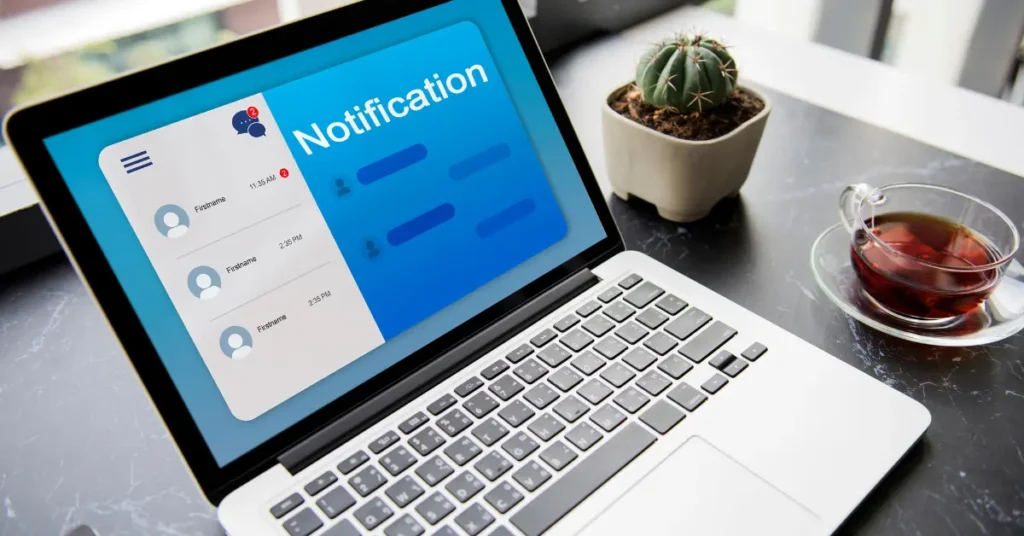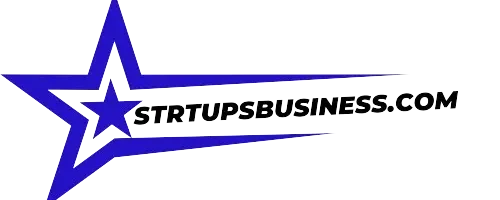How to Delete Your Facebook Business Page and Never Look Back
Introduction
In today’s digital age, having a presence on social media platforms like Facebook has become almost a necessity for businesses. However, various reasons might lead a business to consider breaking up with Facebook, from seeking a fresh start on a different platform to concerns over privacy and data security. This article will guide you through the process of how to delete your Facebook business page, ensuring you’re ready to move forward without looking back.
Understanding the Impact of Leaving Facebook
The Pros
Leaving Facebook can open up new opportunities for your business to explore other platforms and marketing strategies that might be more aligned with your brand’s values and target audience.
The Cons
It’s important to consider the potential loss of audience and the established presence your business may have built up over the years on Facebook.
Preparation Before Deletion
Backing Up Your Data
Before taking the plunge, ensure you back up all the valuable data and content you’ve created on your page.
Informing Your Audience
Let your followers know about your decision and where they can continue to engage with your brand.
Step-by-Step Guide How to Delete Your Facebook Business Page

Accessing Your Facebook Business Page
Log into your Facebook account and navigate to the page you wish to delete.
Navigating the Settings
Find the ‘Settings’ option on your business page, which will lead you to the deletion section.
The Deletion Process
Follow the prompts to delete your Facebook business page. Facebook may require you to confirm your decision multiple times.
Confirmation and Waiting Period
Once confirmed, there might be a waiting period before the deletion is finalized, giving you a window to reverse the decision if you change your mind.
Alternatives to Facebook for Business
Other Social Media Platforms
Explore platforms like Instagram, Twitter, LinkedIn, or Pinterest, depending on where your audience spends their time.
Building Your Own Website
Consider creating a dedicated website for your business to have full control over your content and how it’s presented.
Email Marketing
An effective way to reach your audience directly and build a loyal customer base.
Adjusting Your Digital Marketing Strategy

SEO Considerations
Focus on improving your website’s search engine optimization to increase visibility without relying on Facebook.
Content Marketing
Invest in creating valuable content that attracts and retains a clearly defined audience.
Social Media Strategy Without Facebook
Develop a new social media strategy that leverages other platforms and aligns with your marketing goals.
Personal Stories of Businesses That Moved On
Success Stories
Highlighting businesses that have successfully transitioned away from Facebook and how they did it.
Challenges Faced
Discuss the challenges these businesses encountered and how they overcame them.
Conclusion
Deciding How to delete your Facebook business page is a significant move. However, with the right preparation and a clear understanding of your marketing strategy, you can ensure that your business thrives in a post-Facebook world. Embrace the change as an opportunity to explore new horizons and connect with your audience in more meaningful ways.
FAQs
How long does it take for a Facebook business page to be completely deleted?
After initiating the deletion process of your Facebook business page, Facebook typically enforces a grace period that can last up to 14 days. During this time, you can choose to cancel the deletion process if you change your mind. After the grace period ends, the page is permanently deleted from Facebook. However, it might take up to 90 days for all data associated with the page to be completely removed from Facebook’s backup systems.
Can I recover my Facebook business page after deleting it?
During the grace period, you can recover your page by simply logging in to the page and canceling the deletion process. However, once the grace period has expired and the page is permanently deleted, it cannot be recovered. It’s important to be sure about your decision to delete the page and to back up any important data before proceeding with the deletion.
Are there any repercussions to deleting my Facebook business page?
The most immediate repercussion of deleting your Facebook business page is the loss of a direct communication channel with your audience on this platform. You may also lose the accumulated followers, content, and engagement history. This could impact your business’s digital footprint and online visibility. It’s recommended to inform your followers of your decision and guide them to alternative platforms where they can continue to engage with your brand.
How can I ensure my audience follows me on a new platform?
To ensure your audience follows you to a new platform, communicate your move clearly and consistently across all channels available to you before and after the transition. Offer incentives, if possible, and emphasize the benefits of the new platform to your audience. Engage actively with your audience during the transition period to make them feel valued and included in your brand’s journey. Additionally, using email marketing to inform your subscribers about the change can be highly effective.
What are the best alternatives to Facebook for business marketing?
The best alternatives to Facebook for business marketing depend on your target audience and business goals. Popular options include:
- Instagram: is excellent for visual content and has a large, engaged user base.
- LinkedIn: is ideal for B2B marketing and professional networking.
- Twitter: is great for real-time engagement and sharing timely updates.
- Pinterest: is effective for businesses in the fashion, food, and DIY industries.
- Email marketing directly reaches your audience and can be highly personalized.
- Your website enhances your brand’s online presence and SEO, offering full control over content and the user experience.
Evaluate each platform’s unique features and audience demographics to choose the best fit(s) for your business.
